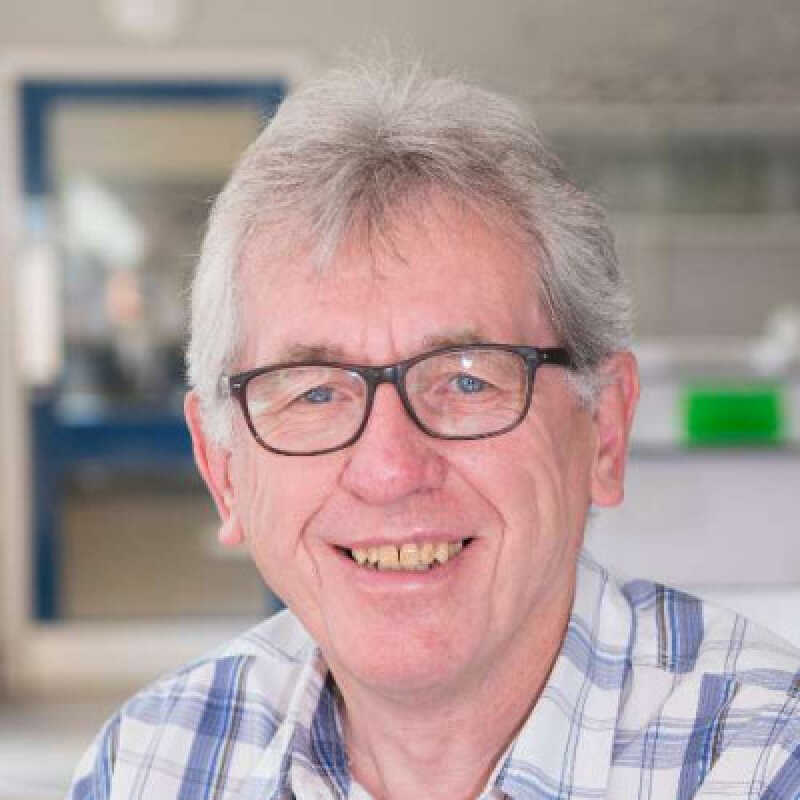- University of Kent
- Biosciences at Kent
- People
- Professor Mick Tuite


Mick Tuite is Emeritus Professor of Molecular Biology at the University of Kent, an institution he joined in 1983 following postdoctoral research in Oxford (UK) and the University of California, Irvine (USA). Mick began his research on the yeast Saccharomyces cerevisiae in 1975 as a DPhil student under the supervision of Brian Cox in Oxford. Here he studied the non-Mendelian element [PSI+] that subsequently turned out to be a prion and sparking a long-term and continuing research interest in post-transcriptional events using yeast as a model organism. Amongst the contributions he has made in this area he is perhaps best known for his work on the [PSI+] prion to determine fundamental aspects of how prions are propagated, and secondly on how a major clade of fungal pathogens (that includes the human pathogen Candida albicans) uses a non-standard genetic code. More recently his research interests have involved exploring various facets of protein folding in the endoplasmic reticulum.
Mick’s research group is part of the Kent Fungal Group (www.kentfungalgroup.com) which represents one of the largest collections of fungal researchers in the UK. Mick and his colleagues in the KFG makes use of a variety of yeast systems to approach questions that underpin fundamentals of cell biology and human disease.
The research in his group has been extensively funded by grants from the BBSRC, Wellcome Trust and the Leverhulme Trust. Mick is currently Director of Education in the School of Biosciences and Chair of the Scientific Conferences Committee of the Microbiology Society. He is also actively involved in Authentic Biology (www.authentic-biology.org) a major outreach project that was launched by funding from the Wellcome Trust. He was made a Fellow of the American Academy of Microbiology in 2018.
The focus of his research is protein folding in the eukaryotic cell; how it is achieved with such accuracy i.e. “authentic folding”, but also exploring the consequences to a cell when a protein misfolds i.e. “aberrant folding”.
Authentic folding: here his interests lie in the protein folding machinery in the endoplasmic reticulum and specifically the role of the enzyme protein disulphide isomerase (PDI). PDI is responsible for the correct insertion of disulphide bonds that hold together the 3D conformation of many proteins that are naturally secreted from the cell. The approaches being taken in this project span biochemistry, genetics and cell biology.
Aberrant folding: the focus here is on the formation of amyloid structures in proteins as a means to better understanding of major neurodegenerative diseases such as Alzheimer’s disease. He also studies a form of ‘infectious amyloid’ called a prion in yeast where they can be beneficial to the cell. This has led to an interest in molecular chaperones and how they deal with misfolded proteins and also allow cells to propagate the prion form of a protein.
Professor Tuite will not be accepting further applications for PhD study.
Loading publications...
Showing of total publications in the Kent Academic Repository. View all publications